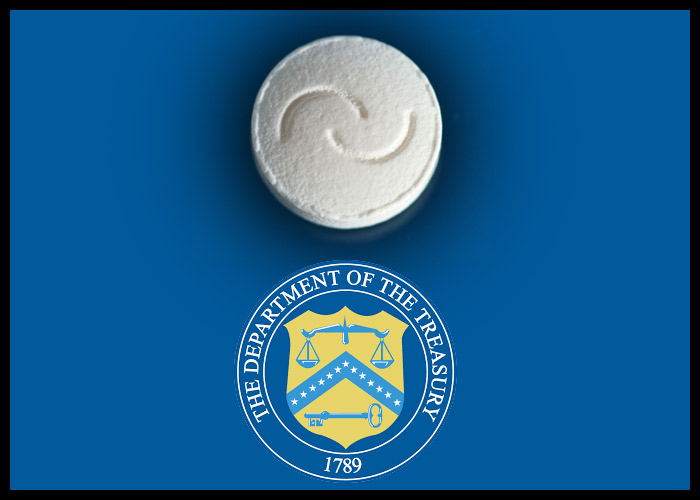The United States, in coordination with the United Kingdom, has imposed sanctions on six Syrian individuals, and two entities owned by one of them, for facilitating the production and export of the amphetamine-type stimulant known as Captagon in Syria and Lebanon.
Secretary of State Antony Blinken said the targeted individuals and entities have enabled Syria’s Bashar al-Assad regime to continue carrying out abuses against the Syrian people by providing funds to the regime derived from trade in illicit drugs.
The designated individuals are Khalid Qaddour, a Syrian businessman; Samer Kamal al-Assad and Wassim Badi al-Assad, cousins of President al-Assad; Imad Abu Zureik, a former Free Syrian Army commander; Hassan Muhammad Daqqou, a Lebanese-Syrian dual national dubbed as “The King of Captagon” ; and Noah Zaitar, a Lebanese national with close ties to both the SAA’s Fourth Division and Hizballah.
Imad Abu Zureik now leads a Syrian Military Intelligence-affiliated militia, and has played an important role enabling drug production and smuggling in southern Syria. Samer Kamal al-Assad oversees key Captagon production facilities in regime-controlled Latakia, in coordination with the Fourth Division and Hizballah.
The firms that were hit with U.S. sanctions are Hassan Daqqou Trading and Al-Israa Establishment for Import and Export. These two companies are specializing in general trade and import-export operations that are registered under Daqqou’s name in the Beka’a Valley region of Lebanon.
“Syria has become a global leader in the production of highly addictive Captagon, much of which is trafficked through Lebanon,” said OFAC Director Andrea M. Gacki. “With our allies, we will hold accountable those who support Bashar al-Assad’s regime with illicit drug revenue and other financial means that enable the regime’s continued repression of the Syrian people,” she added.
The trade in Captagon is estimated to have become a billion-dollar illicit enterprise. Lebanese drug traffickers — some of whom maintain ties to Hizballah — are facilitating the export of Captagon, according to the U.S. Department of the Treasury’s Office of Foreign Assets Control (OFAC).
Source: Read Full Article
